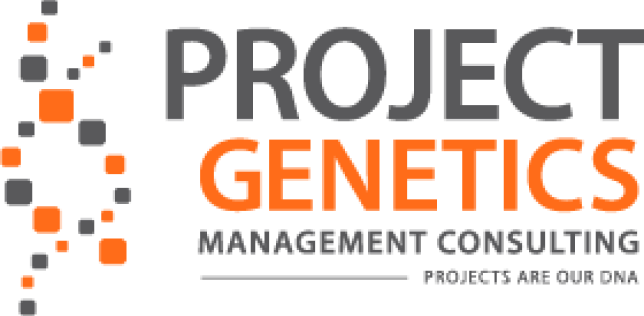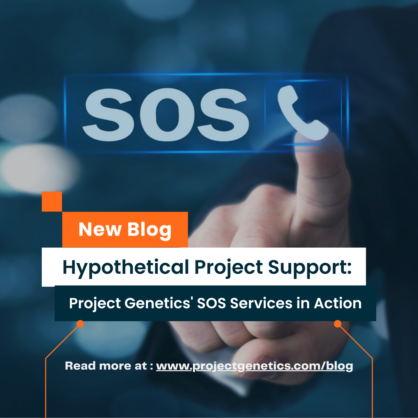On today’s episode we are talking about how not having a strong business continuity plan might be killing your company.
Patrick Hardy helps individuals and organizations prevent disruptions from ever becoming a disaster. Drawing on his world-class expertise in disaster preparedness & response, he distills memorable lessons audiences can use to break the Crisis Creation Chain and transform every disruption into an opportunity for learning.
Episode Highlights:
- Importance of Disaster Recovery and Business Continuity: Emphasizes the critical nature of disaster recovery and business continuity planning, highlighting the risk of business closure without a solid plan, as demonstrated by the study following the 1993 World Trade Center bombings.
- Employee Empowerment and Communication: Effective disaster recovery plans involve empowering employees and maintaining clear communication channels. Employees need to understand their roles and responsibilities in times of crisis to ensure a smooth recovery process.
- Adaptation and Engagement: It’s not just about having a plan on paper; it’s about understanding the needs and dynamics of the people who will execute it, whether they’re oyster fishermen in Alabama or tech workers in Silicon Valley.
- Insurance Company Ambiguity: Insurance companies may officially claim to be agnostic regarding whether businesses should resume operations or accept payouts after a disaster. However, there might be internal considerations where companies prefer not to insure certain high-risk areas, especially prone to natural disasters like flooding, hurricanes, or wildfires.
- Understanding Insurance Policies: Business owners need to thoroughly understand their insurance policies, including coverage limitations and exceptions. Misunderstandings often arise when policies are not carefully reviewed, leading to denied claims, particularly in cases like pandemics or cyber attacks where specific provisions may be required for coverage.
- Empowerment and Decision-Making: In disaster scenarios, clear lines of authority are crucial. Businesses must empower employees at all levels to make informed judgment calls during emergencies, especially when management or key decision-makers are unavailable.
Top 3 Takeaways for the Audience:
- Disaster preparedness can be empowering and strengthen you in the long run, rather than just doom and gloom.
- When creating a disaster plan, focus on empowering those around you, whether it’s for your family, pets, or business.
- Dependency on other institutions can exacerbate disasters. Always have backup plans and diversify your resources to ensure true resilience and emerge stronger after the crisis.
How to Connect with
Website: https://disasterpatrick.com/
LinkedIn: https://www.linkedin.com/in/disasterpatrick/



